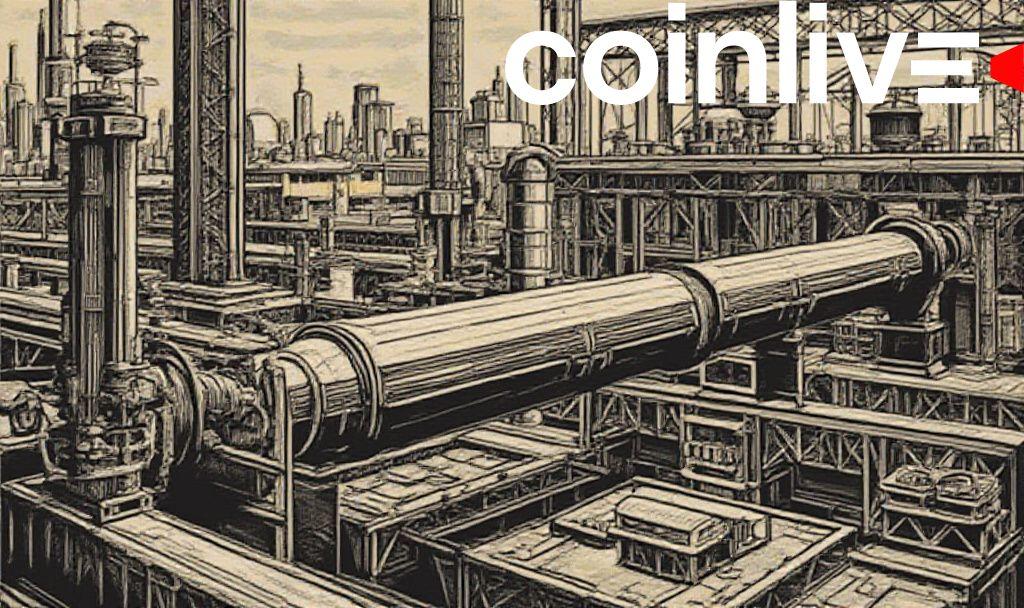- Main event is the integration of SukuPay by Banco Industrial.
- SukuPay uses Polygon network and USDC stablecoin.
- This move targets Guatemala’s $21 billion remittance market.
Banco Industrial, Guatemala’s largest bank, has integrated blockchain infrastructure provider SukuPay into its mobile app Zigi for remittances. This partnership, announced recently, aims to enhance cross-border transactions for Guatemalans.
The integration signifies a pivotal move towards blockchain adoption in traditional banking in Latin America, underscoring the potential to improve financial inclusivity in Guatemala’s remittance-driven economy.
Banco Industrial’s partnership with SukuPay marks a significant innovation as it uses the USDC stablecoin on the Polygon blockchain for seamless transactions. Guatemala‘s remittance industry, a critical part of its economy, is expected to benefit significantly.
The adoption of SukuPay, led by CEO Yonathan Lapchik, introduces blockchain technology invisibly to users. Lapchik stated, “The key to mainstream adoption of blockchain technology is making it invisible to the end-user. That’s the only way we’ll scale blockchain to billions of people — by building the rails, not forcing people to learn how they work.” CoinDesk
The platform eliminates the need for crypto wallets, enhancing user accessibility and promoting blockchain benefits widely.
The service allows Guatemalans to receive funds from the U.S. instantly at a flat fee, which is substantially lower than conventional methods. This aligns with the broader trend of cryptocurrency adoption throughout Latin America.
Financial inclusion sees a potential boost as only 35% of Guatemalans hold formal bank accounts. Stablecoins offer a reliable alternative for cross-border transactions amidst limited banking access and currency volatility.
The entrance of blockchain platforms like SukuPay into banking could catalyze heightened innovation. Technological efficiencies, reduced costs, and increased access to financial services for the unbanked population underscore blockchain’s transformative power in the region.
